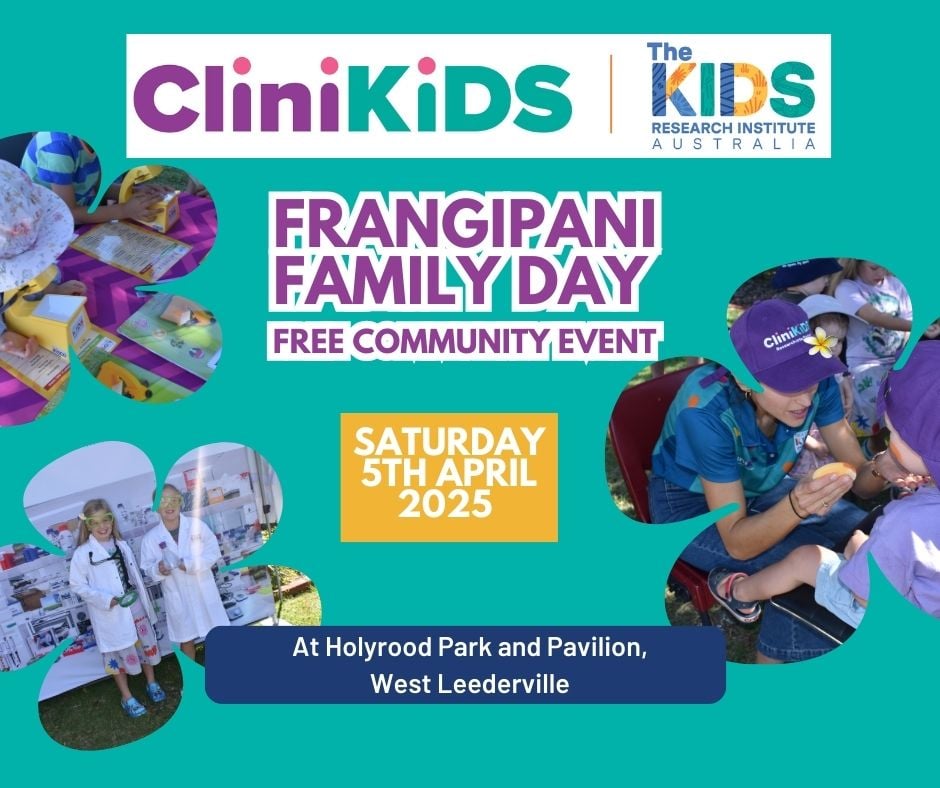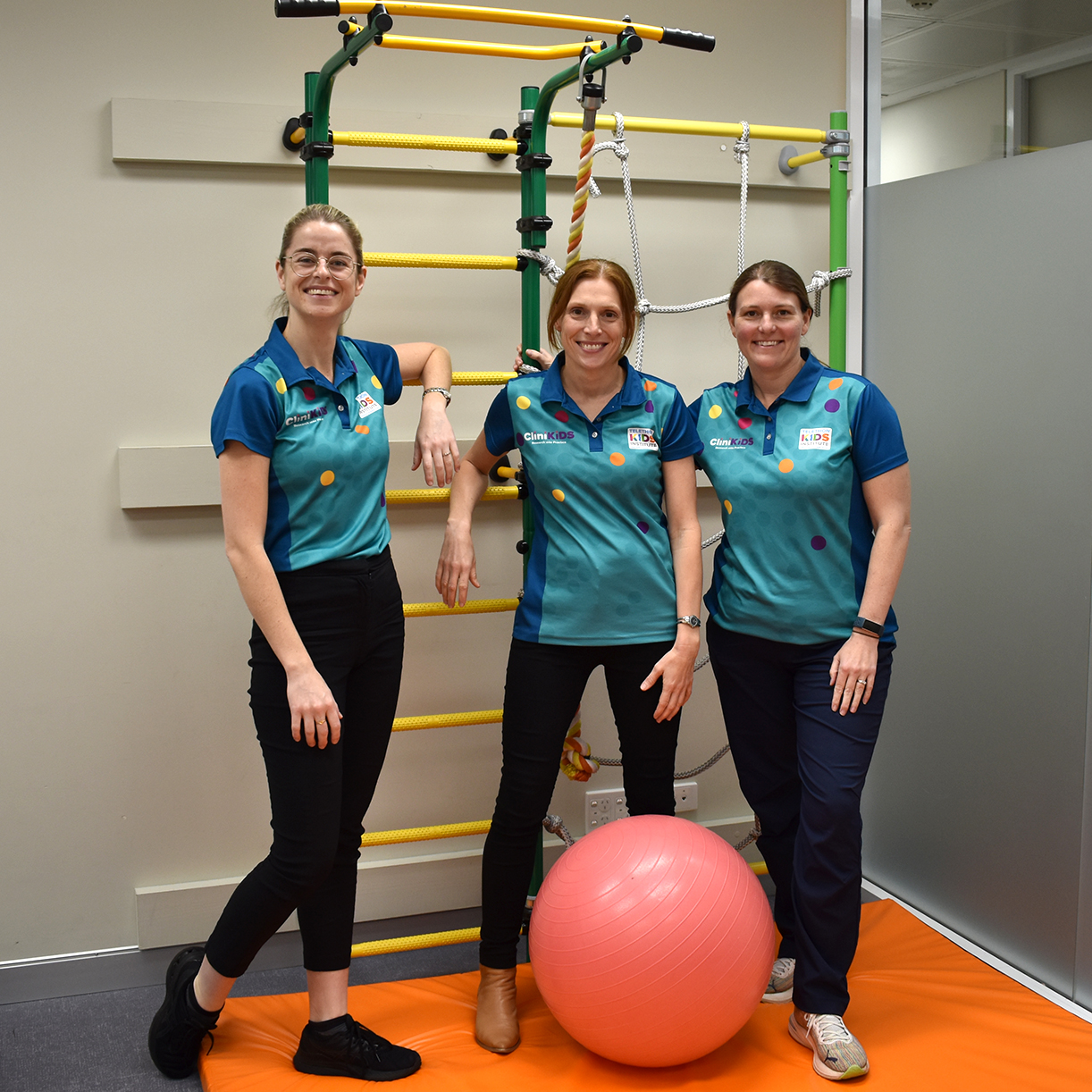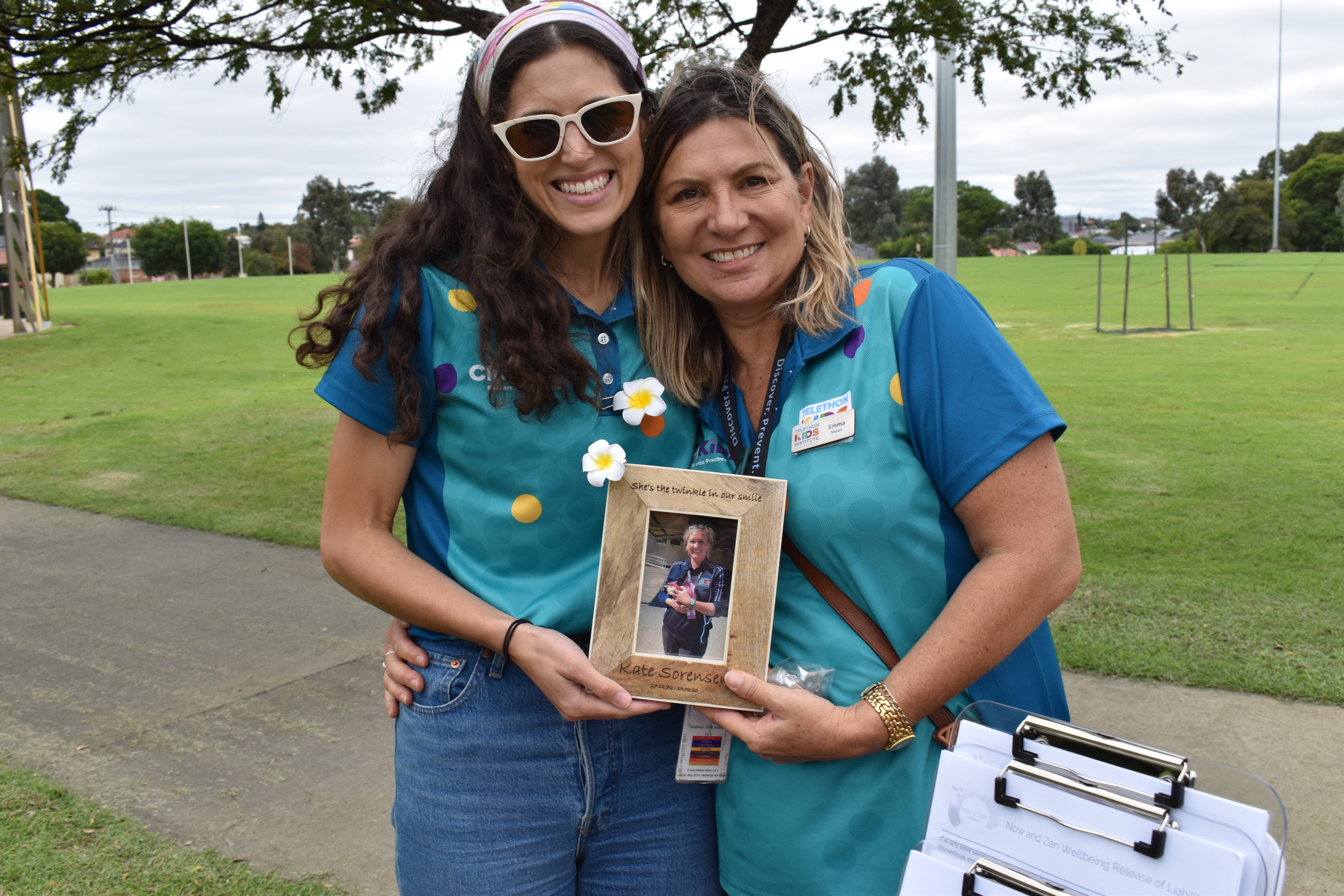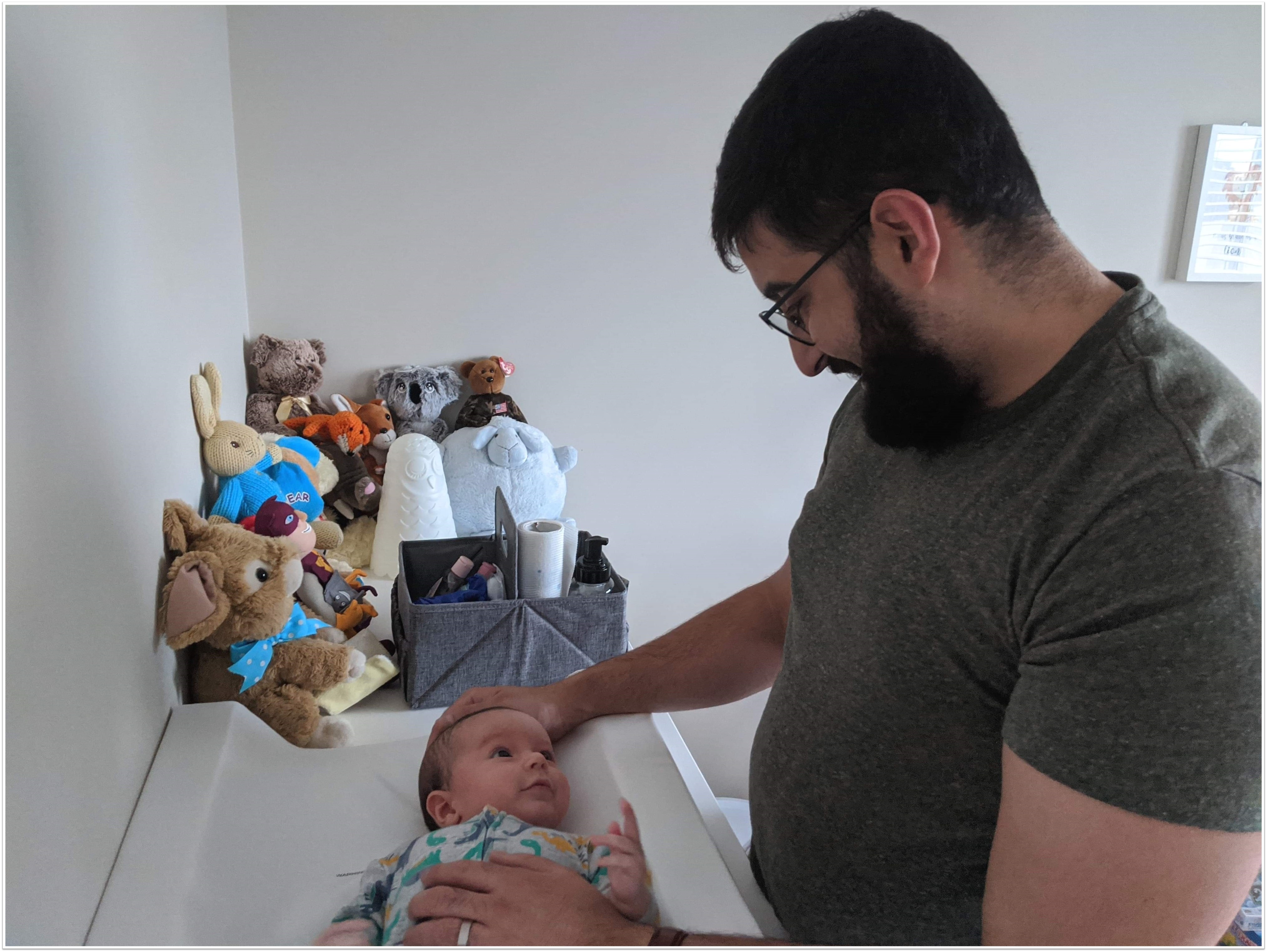Search

News & Events
Importance of boredomIn this blog, Clinical Psychologist and Clinical Lead (Psychology) Dr Mei’en Lim offers families — both parents and children — advice on how to embrace boredom.

News & Events
Sharing attention for connection, communication and learningIn this new blog, Speech Pathologist Emma Corry looks at the importance of shared attention for connection, communication and learning.

News & Events
Preparing for the holidaysIn this blog, Occupational Therapy Lead Marie Rodatz looks at the strategies to support a great school holiday outing for your autistic child.

View our wide range of resources including fact sheets, and help understanding autism.

News & Events
Frangipani Family Day 2025Frangipani Family Day is a free community event for young neurodiverse children and their families in WA.

News & Events
OTs and their toolsFor Occupational Therapy Week, we asked our OTs to share their favourite resource and how they like to use it.

News & Events
Service agreementsWe are currently working through several clinical audits to ensure that we are meeting our service delivery standards and governance requirements. As part of this, we have audited our Service Agreements to ensure that we have a signed agreement on file for all our clients. This agreement is an NDIS

News & Events
Frangipani Family Day 2023CliniKids held Frangipani Family Day recently – an event organised to honour the wonderful contribution of its much loved and dearly missed colleague, the late Kate Sorensen.

News & Events
Celebrating our OTsTo celebrate World Occupational Therapy (OT) day, we asked our Occupational Therapists to describe what OT means to them.

News & Events
Research at CliniKidsAt CliniKids, it is important that the services we offer are informed by the children and families that utilise our services.
